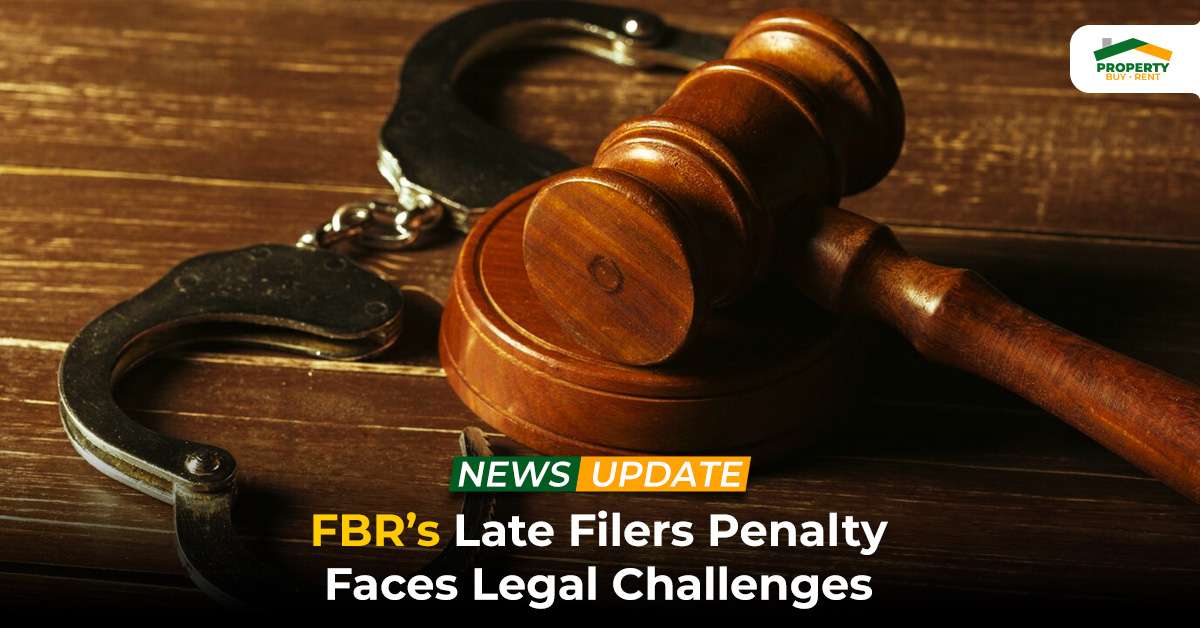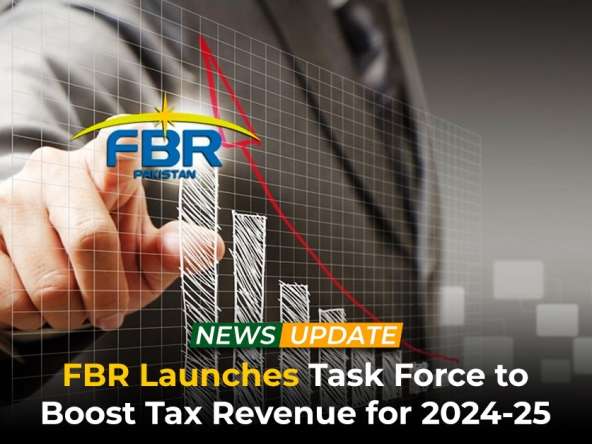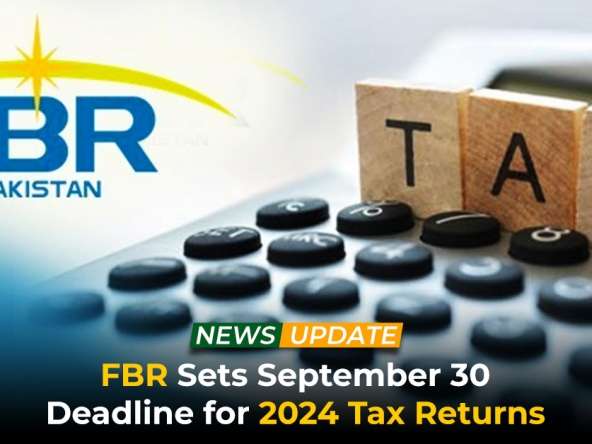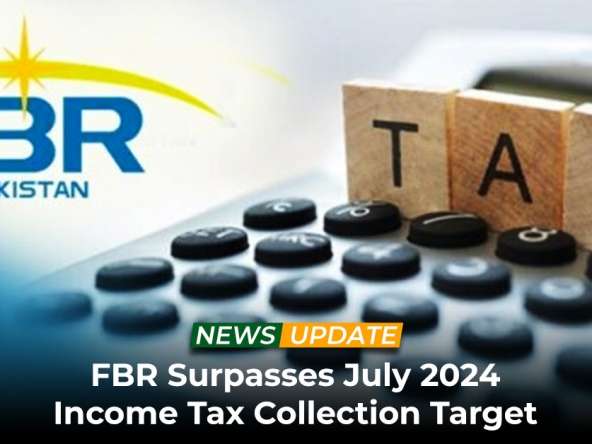Islamabad: The Federal Board of Revenue (FBR)’s recent attempt to impose penalties on a newly introduced “Late Filers” category has sparked significant legal debate. According to news sources, this initiative, which was introduced through the Finance Act 2024, is currently under scrutiny, with many tax experts questioning its legality, particularly its retrospective application.
The “Late Filers” category, effective from July 1, 2024, was designed by the FBR to create a distinct group of taxpayers who submit their returns after the official deadline. These individuals are subjected to higher tax rates, particularly on transactions involving immovable property, compared to those listed as active taxpayers. The FBR’s intention behind this move was to encourage the timely filing of tax returns by imposing stricter financial consequences for delays.
However, tax experts argue that the retroactive enforcement of this category is unconstitutional and could face significant legal hurdles. The primary concern revolves around the application of penalties to taxpayers for actions that occurred before the law was enacted. This retrospective application is seen as unfair and legally unsound, leading to considerable backlash from the taxpayer community.
Several taxpayers have already sought legal recourse by filing petitions with the Lahore High Court (LHC). In one such case, the petitioner, despite being listed as ‘Active’ in the Active Taxpayers List, is being compelled to pay an advance tax at a higher rate of 6%, as opposed to the 3% rate outlined under Division-XVIII of Part-IV of the First Schedule of the Income Tax Ordinance, 2001. The petitioner has argued that this enforcement is without legal merit and contradicts the established law.
Farhan Tariq, a tax expert from FB Consultants, highlighted that the retroactive implementation of the “Late Filers” category is both illegal and likely to encounter significant legal challenges. He emphasized that laws imposing penalties or higher tax rates cannot be applied to actions taken before the law was officially in force. Tariq’s views echo the broader sentiment among tax professionals who believe that the FBR’s move is overreaching and likely to be overturned in court.
As the legal battle unfolds, it remains to be seen how the Lahore High Court will rule on this matter. The outcome could have significant implications for the FBR’s efforts to enforce stricter tax compliance measures and for taxpayers who may find themselves caught in the crossfire of this legal controversy.



